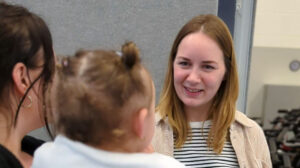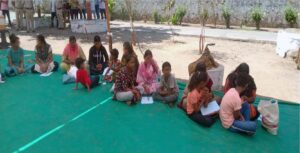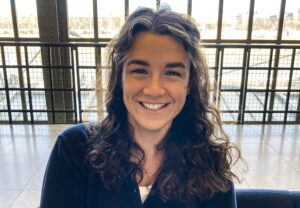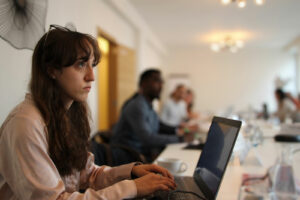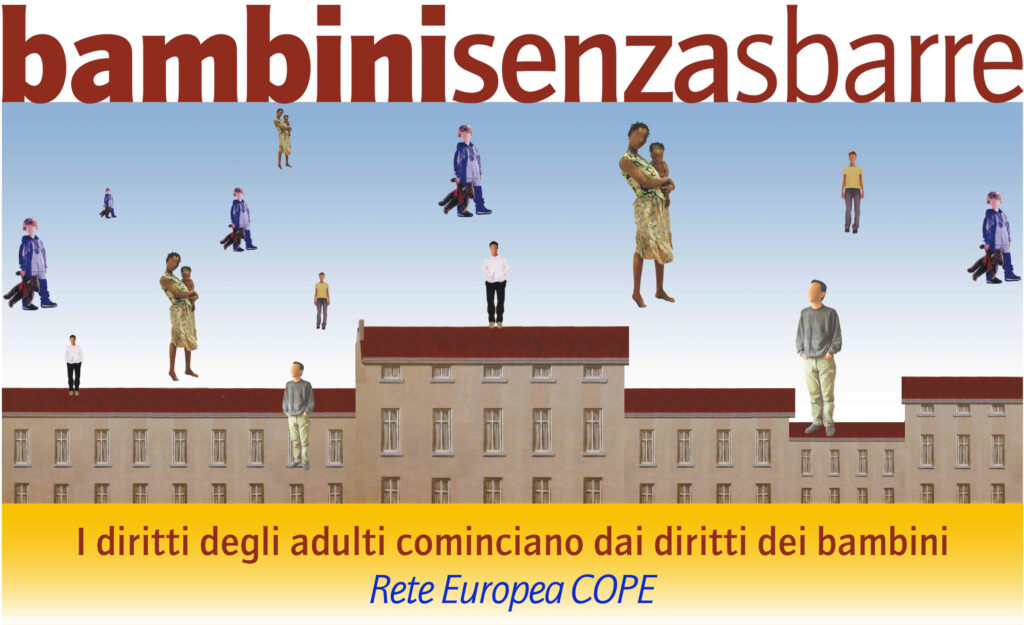‘Children come into this world with open minds and open hearts. Supporting the rights of children helps support the sustainability of an open mind and heart.’
Elizabeth Ayre is Executive Director of Children of Prisoners Europe (COPE), a Paris-based organisation working with over 141 member and affiliate organisations and individuals across Europe and worldwide to develop meaningful action, support and policy initiatives for children affected by parental imprisonment. She conducted research on understanding the policy gap for children affected by parental incarceration in EU Member States from a frame-analytical perspective, as a Research Fellow at Maastricht University (2012-2021) and participated in the drafting of the 2018 Council of Europe Recommendation CM/Rec(2018)5 concerning children impacted by parental incarceration and its Explanatory Memorandum. She was a member of the academic research team for the UN Global Study on Children Deprived of Liberty, based at European Inter-University Centre for Human Rights and Democratisation in Venice, 2018-2019): co-author, chapter on children living in detention with their parents; and was a Principal Investigator for the EU-funded study Children of Prisoners: Interventions and Mitigations to Strengthen Mental Health (Coping Study: 2010-2013).
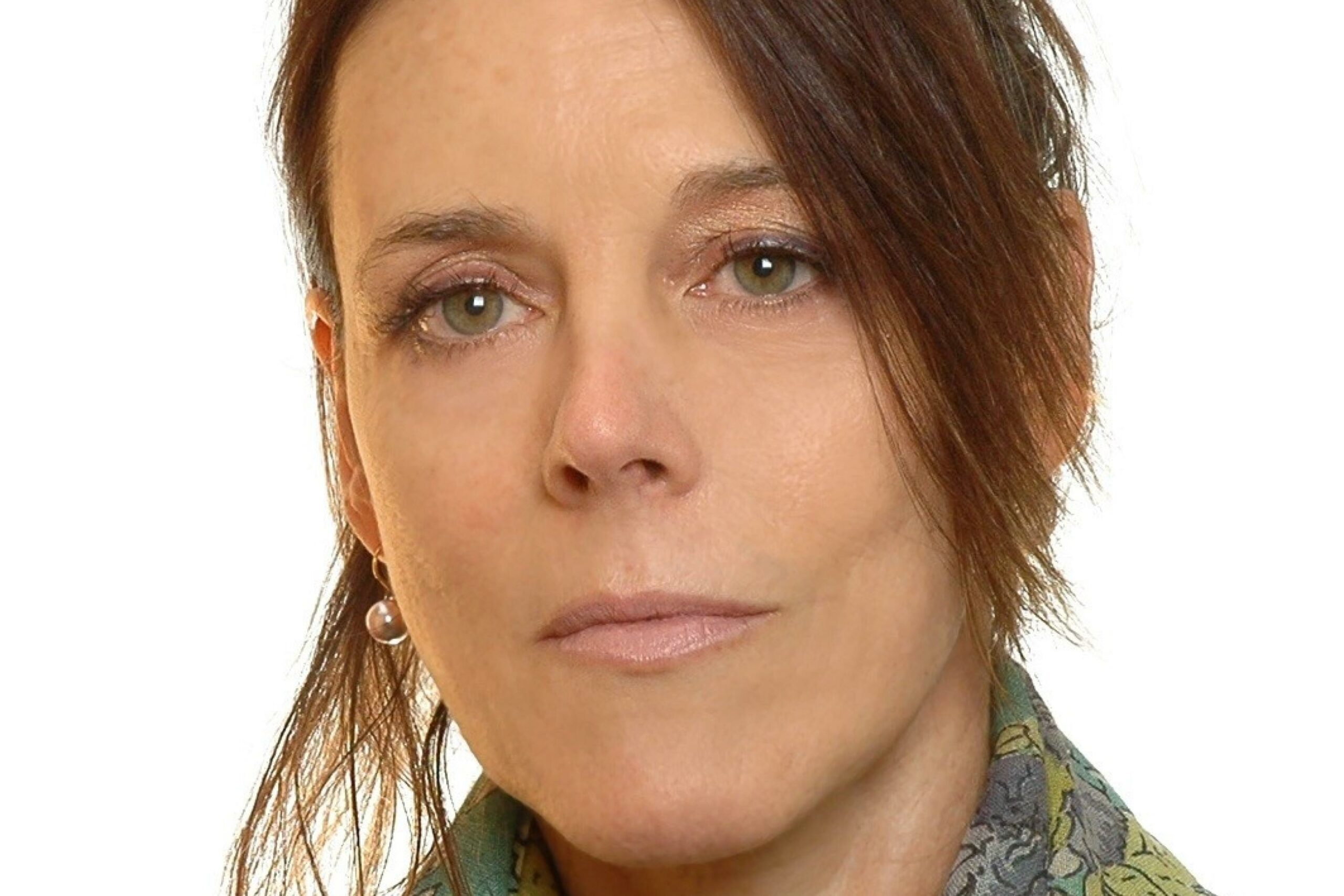
What is your role in COPE?
I’m the director of COPE.
What is your background?
My background is in psychology, European studies, frame analysis, which is a hoity-toity term for looking at how issues can be strategically pitched or framed.
Why your commitment to children rights?
How could one not be committed to children’s rights? Children come into this world with open minds and open hearts and supporting the rights of children helps support the sustainability of an open mind and heart. Respecting the rights of children allows them to fully experience the wonders of the world, allows for spontaneity, for their venturing and exploring here and there. The rights and dignity of children underpin every single aspect of their lives. People need to truly understand the importance of their role in respecting children’s rights and dignity and promoting this respect.
‘People need to truly understand the importance of their role in respecting children’s rights and dignity and promoting this respect.’
Why did COPE decide to organise the GWMD project?
With children and child safeguarding at its heart, the GWMD project maximizes mutual synergies between what for years was COPE’s annual June campaign and Bambinisenzasbarre’s great proven GWMD model. GWMD is a win-win collaboration, supporting children, their parents in prison, humanising prison settings, expanding the horizons and shifting attitudes of prison authorities, prison staff, other decision makers and society at large. It perfectly illustrates how COPE’s long-term aim of promoting systemic change to better support and protect children can be implemented and provides a beautiful and accessible illustration of how this is gradually being advanced, game after game.
What is the aim of GWMD?
To paraphrase a key champion for children with imprisoned parents in France, GWMD enables children to see that prison-imposed restrictions do not apply to love. The games are synonymous with love, nurturing the bond between children and parents, making the invisible threads that connect a child to society and to the world, slightly more visible.
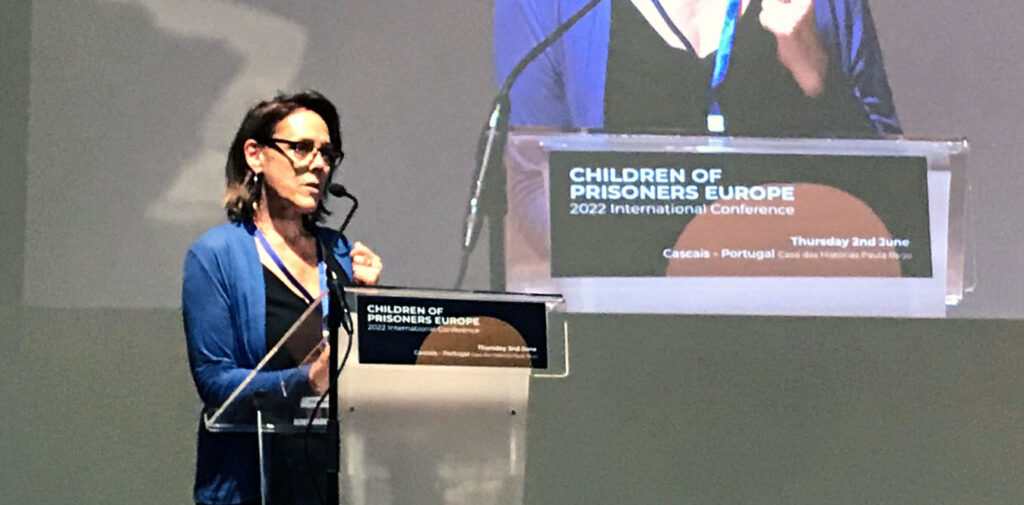
Do you think that GWMD could be useful for children with imprisoned parents? And why?
Beyond the quality time a child can spend with their parent in a warm and stimulating setting, there is the benefit of play. Studies have linked play to the development of flexibility, which enables someone to better navigate unpredictable and complex situations. This can really benefit children with a parent in prison who so frequently have to cope with stressful situations that can be emotionally complex. And significantly, GWMD provides wonderful opportunities for children to show their parents how great they can play and for parents to make children proud.
‘Beyond the quality time a child can spend with their parent in a warm and stimulating setting, there is the benefit of play.’
How is COPE involved in organising an event like this?
COPE is a catalyst and by definition brings GWMD onto an international level, promoting events and outcomes far and wide. COPE’s ongoing regranting schemes can help strengthen member participation on working towards achieving longer-term aims.
How many countries have joined GWMD?
Seven in 2024, nine in 2023
Did COPE members understand the aim of GWMD?
More and more members understand GWMD’s aim because of the good tools that have been created, including the new GWMD website. COPE regranted monies to some members to participate in GWMD and there was background documentation on the project’s aims and objectives, what it is all about. The powerful photos and wealth of children’s quotes and stories about their experiences participating in GWMD say it all.
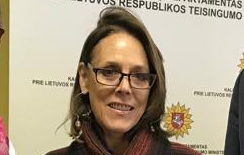
Do you think that GWMD is a good advocacy and communication tool for COPE, especially towards local national and international institutions?
It’s a great communication tool for raising awareness and for highlighting why children need support and what needs to change. People get it. People who know absolutely nothing about the issue or the challenges that children often face get it. There’s no need for words. Just as mentioned above, the testimonies, emotions and laughter say it all.
‘GWMD is a great communication tool for raising awareness and for highlighting why children need support and what needs to change. People get it.’
What other effective actions would you propose to COPE members in addition to GWMD?
COPE showcases other tried-and-proven models developed alongside members, like Probacja’s Papa Plus work with prison officers to better support children and their parents in prison; like Solrosen’s schools model in Sweden or the compassionate sentencing work that is currently being developed alongside judges when a parent is involved in criminal proceedings.
Do you think that GWMD is a good way to engage new members in the COPE mission?
I feel it is a great way to engage new members —the action itself speaks louder than words and the results are multifold. Some members can face certain hurdles in organising games within a prison setting, however; a certain groundwork needs to be laid before any events can be organised—for those working with Roma children with a parent in prison, for example.
What are the positive and critical aspects of the GWMD project?
All of the above.
